Trending Now
We have updated our Privacy Policy and Terms of Use for Eurasia Group and its affiliates, including GZERO Media, to clarify the types of data we collect, how we collect it, how we use data and with whom we share data. By using our website you consent to our Terms and Conditions and Privacy Policy, including the transfer of your personal data to the United States from your country of residence, and our use of cookies described in our Cookie Policy.
{{ subpage.title }}
Global investment manager and business executive Mark Wiseman, seen here in 2017.
Mark Wiseman on smart choices today vs. eating gruel tomorrow
As business and world leaders converged on Davos this week, we learned that the WEF’s Chief Economists Outlook saw more than half of chief economists predicting the global economy will weaken this year. What does today's global uncertainty mean for business leaders? For your retirement plan? GZERO caught up with Mark Wiseman, a global investment manager, business executive, and expert in private equity, alternative investments, long-term investments, and sustainability, at Davos for some answers. Wiseman is also a senior advisor with Boston Consulting Group and sits on the Board of NOVA Chemicals.
This Q&A has been edited for length and clarity.
GZERO: Often the criticism of Davos is that it's a gathering of the wealthy and powerful that produces few results. What's your sense? Is this year different?
Mark Wiseman: Everything's changed in the last 1,000 days.
Think where we were 1,000 days ago. We were still in the pandemic, trying to understand what that meant for the world and society. China and the US were only in the early innings of decoupling. There wasn't a major kinetic war taking place on the European continent. It looked like peace in the Middle East was closer than ever.
Today, it looks closer to a complete breakdown of society and all-out war.
In the shadow of the last 1,000 days, this particular Davos, which is the first real one post-COVID, geopolitics are incredibly important, but the geopolitical players, by and large, are not here like they used to be.
Davos has become a business forum. Businesses are worried about politics. Businesses are worried about the US election. Businesses are worried about commodity prices. Businesses are worried about China.
But the politicians are not here in the numbers they've ever been in the past.
There's something wrong. We've got this massive geopolitical overhang and it's a lot of business people talking to each other about geopolitics, whereas the actual participants aren't by and large in the room.
GZERO: What do you attribute that to?
Wiseman: More than a little bit of it is the liberal elite rap that Davos has received. Today, if Trudeau were to show up at Davos, it would be a front-page story about him being part of the elite in the Swiss Mountains, and he can't afford that press.
But it's too bad, given how important dialogue about geopolitics is between corporate leaders and political leaders right now.
“Building trust takes years while losing trust takes a moment.”
GZERO: The overarching theme of Davos this year is rebuilding trust. An AP poll last year found 88% of Americans said they had little or no trust in banks and financial institutions. What are your views about how to repair that public relationship?
Wiseman: Building trust takes years while losing trust takes a moment. I think that we've had lots of moments and we haven't had enough years, consistently, to rebuild trust in financial institutions. And part of that is the underlying profit motive that seems to drive everything in many of our financial institutions.
Obviously, there is an issue of trust in terms of the public writ large having to step up time and again to bail out financial institutions that have taken unwarranted risks. It's not just a US phenomenon. It's Credit Suisse here in Switzerland. It's some of the property players in China. Both banks and regulators need to do a better job in also understanding the role of financial institutions in society – in terms of providing capital for economic growth and the benefit of everyone.
And because we've had so many moments of mistrust, the pendulum has swung also among regulators in terms of de-risking the system.
And so the regulators, because of a not-unwarranted response from the public, are essentially solving for a single variable, which is systemic risk. We're going to avoid systemic risk because God knows we don't want to have to bail out another bank.
And in reality, yes, you wanna control systemic risk, but you also want to assure capital formation and you want to ensure access to savings products and insurance products that are fairly priced for individuals so that they can mutualize risk.
GZERO: There are a lot of folks in developed countries who are in their 30s, they've been working for a decade and are finding they have to make hard trade-offs now financially. What do you see as the outlook for people that are, let's be frank, approaching middle age and are not in the same position as earlier generations when it comes to building wealth?
Wiseman: The baby boomers have just benefited immensely from the disproportionate post-war growth and bull market. But that's an outlier. If you were in the 1940s, you would have had the same issues about buying a house and if you were in the 30s, you'd be worried about feeding yourself for most people in society.
I do think the one major change though is retirement. You will in all likelihood live significantly longer than your parents lived. Your children will live significantly longer than you live. That means that you and your children will in all likelihood have to rely on your retirement savings for a longer period.
And Social Security is … like a woolly mammoth in the room. One that American politicians are not addressing and it's coming very, very quickly, and the fact is, unless you're looking after yourself, there's not going to be enough there for you.
“ … the choice you made today was actually a choice as to whether you wanted a nice private retirement home with your own nurse or living in a government facility, eating gruel.”
GZERO: What should governments be doing to avoid a situation in which the younger generations are supporting older generations in an unsustainable fashion?
Wiseman: China is actually interesting, very similar to the US because you've got the national Social Security Fund, which essentially is underfunded and has some of the same issues as US Social Security.
The only reason why China is arguably better off is because it's got a high savings rate. People don't have 23 credit card companies dropping new cards in your mailbox every day.
Americans don't save, they consume, which has been driving the economy. I used to do this little speech, and I'd hold up a cell phone. Often it was a bunch of people coming to work for the firm. They’d be maybe 20 years old, and I'd ask “How often do you change your cell phone?” and they would say “every year” or “every 18 months.”
I said, “Boy, that's a pretty big cost, it's $600 or $700. What if you changed your phone every 2 1/2 years instead of every year?” And by the way, I've got one that still has a little push button on the bottom; I do take my own advice.
If that's 700 bucks that you save instead and then compound that out, you can think about the choice you made today as actually a choice as to whether you wanted a nice private retirement home with your own nurse or living in a government facility, eating gruel. That was the decision you made when you bought your phone. That's a huge decision, but no one thinks that way.
For more from Mark Wiseman, check out his article about the fundamentals of investing: risk and return.
Episode 9: US/China power struggle, the global political balance, and your finances
Listen: “China's ability to grow in unprecedented fashion came because they had really cheap labor, and wealthy countries around the world were very happy to take advantage of that labor. Those two things are no longer true,” said Ian Bremmer, president of Eurasia Group and GZERO Media. From the state of the great technological decoupling to China's zero-COVID policy, the relationship between the US and China remains both critically important and deeply fraught.
In this episode of “Living Beyond Borders,” a special podcast produced in partnership between GZERO and Citi Private Bank, we’re assessing where the two nations stand today, and what some recent developments like a Chinese banking crisis, knock on effects of Russia's war in Ukraine, and a renewed debate over tariffs mean for the world and for your money.
This episode, moderated by Shari Friedman, Eurasia Group’s Managing Director of Climate and Sustainability, features Ian Bremmer in conversation with David Bailin, Chief Investment Officer and Global Head of Investments at Citi Global Wealth.
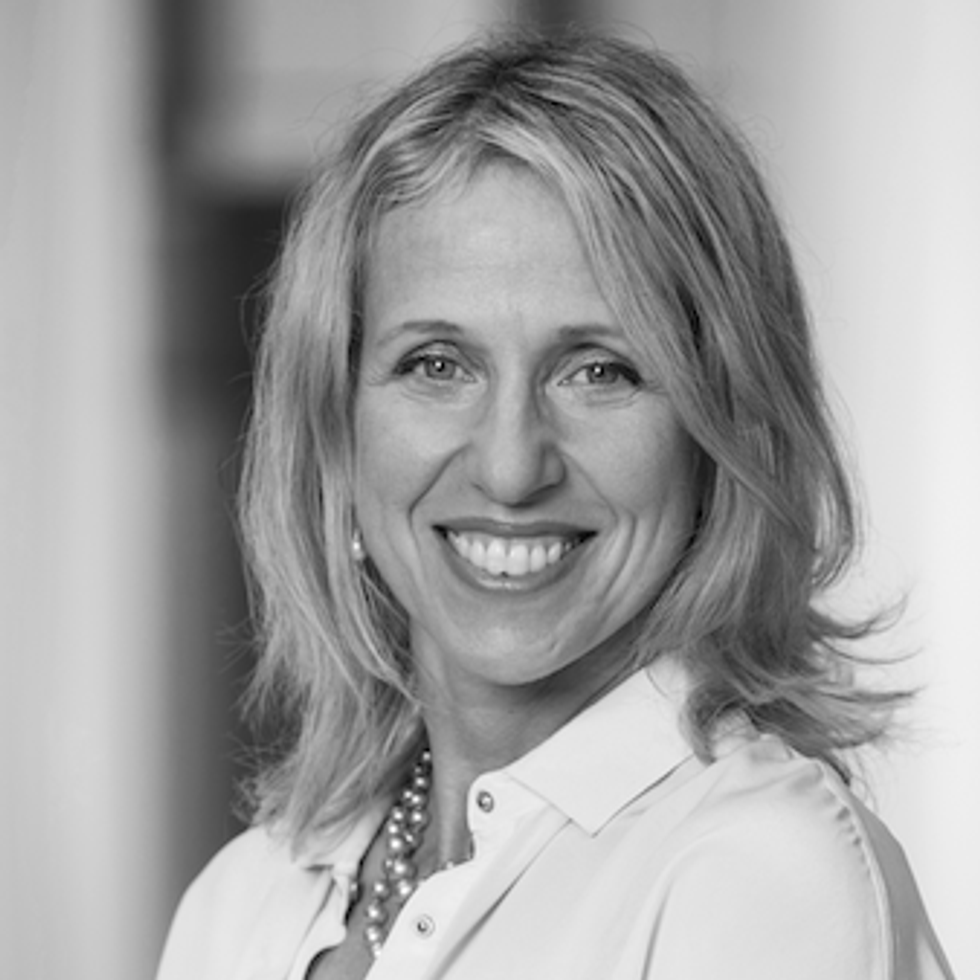
Shari Friedman
Managing Director of Climate and Sustainability, Eurasia Group
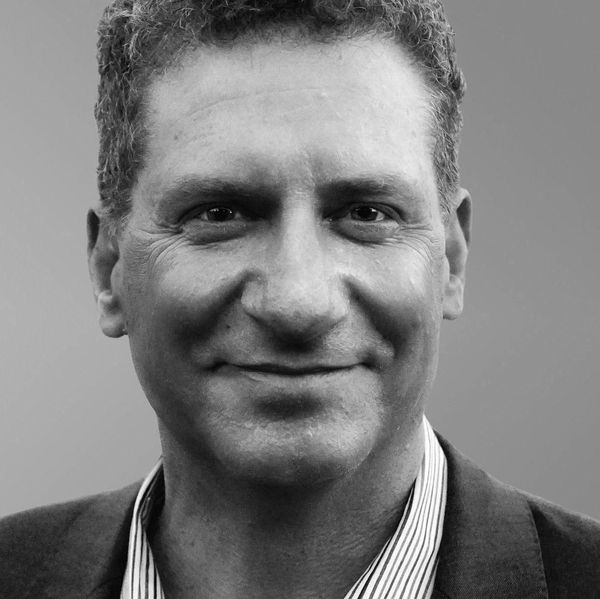
David Bailin
Chief Investment Officer and Global Head of Investments, Citi Global Wealth
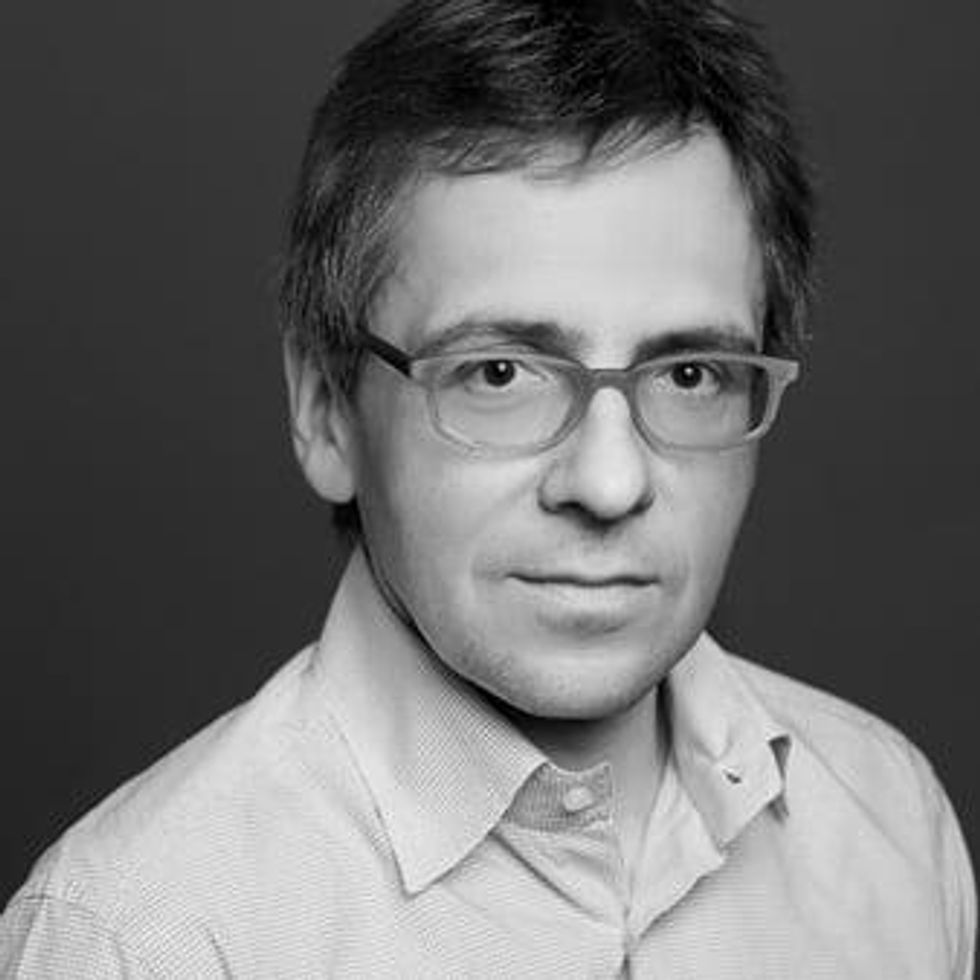
Ian Bremmer
President, Eurasia Group and GZERO Media
- S3 Episode 1: If the economy is good, why do I feel so bad ... ›
- S3 Episode 2: Saving the world's water supply - GZERO Media ›
- S3 Episode 3: Will there be a recession? - GZERO Media ›
- S3 Episode 5: Could today's crisis lead to future growth? - GZERO ... ›
- Episode 3: Inflation Nations: What to know about inflation and interest rates - GZERO Media ›
- Episode 4: Broken (supply) chains - GZERO Media ›
- Episode 5: Energy transition today - GZERO Media ›
Episode 4: Is now the time to buy? Real estate dynamics in 2022
Listen: As the global pandemic surged in the US, so too did home sales and home prices. On the flip side of things, commercial real estate took a hit as workers increasingly worked from home. As interest rates rise, we look to see what markets are still hot, which are cooling, and what impact this important sector has on the larger economy.
The latest episode of Living Beyond Borders, a special podcast series from GZERO brought to you by Citi Private Bank, looks at the current state of real estate in the wake of a global pandemic, when tight supply and skyrocketing demand left many homebuyers in intense bidding wars, and companies worried about long-term leases on office space that sat idle while workers went remote. Moderated by Shari Friedman, Managing Director of Climate and Sustainability at Eurasia Group, this episode features Dan O'Donnell, Global Head of Alternative Investments at Citi Global Wealth, and Cassandra Spratt, Chief Operating Officer at Eurasia Group.
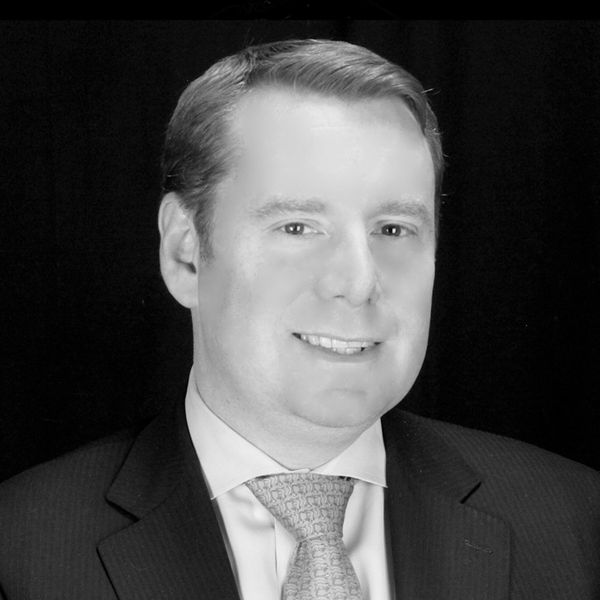
Dan O'Donnell
Global Head of Alternative Investments at Citi Global Wealth
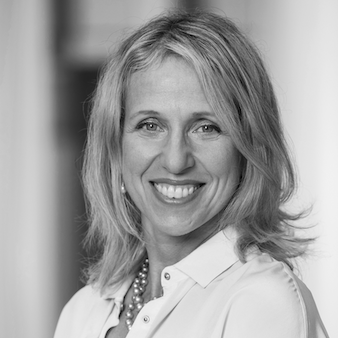
Shari Friedman
Managing Director of Climate and Sustainability at Eurasia Group
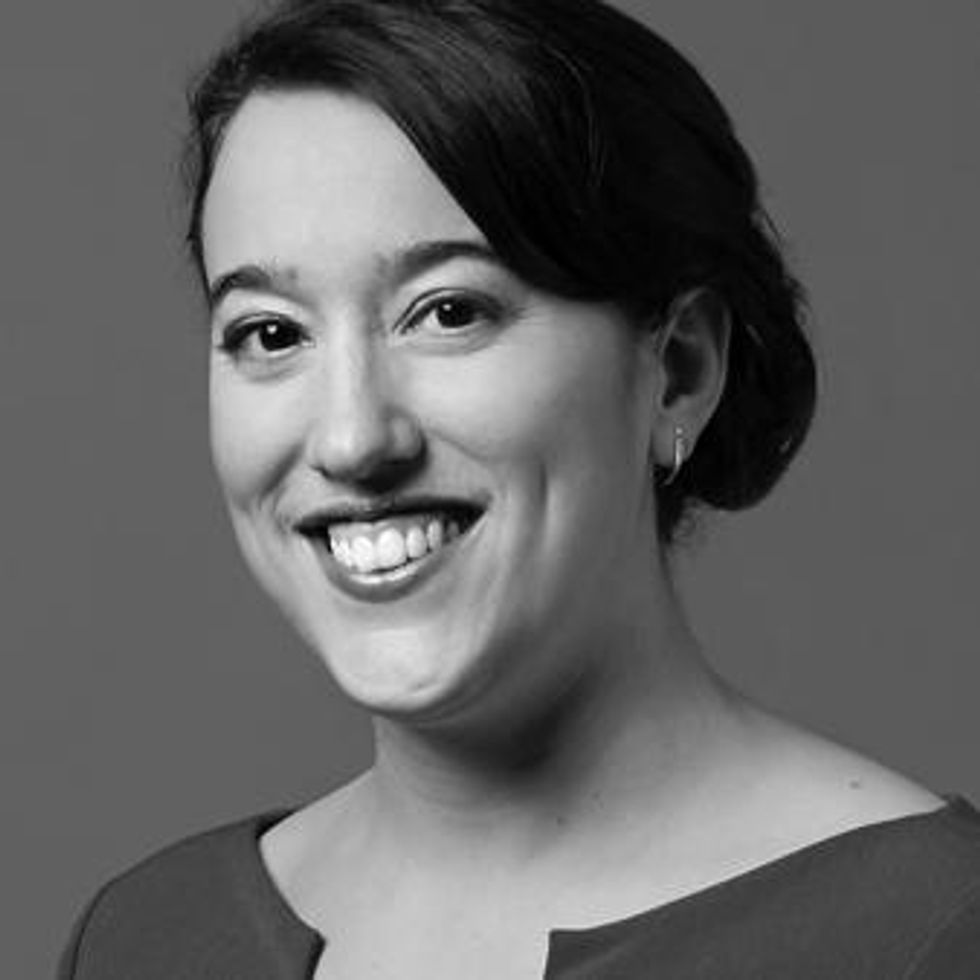
Cassandra Spratt
Chief Operating Officer at Eurasia Group
Episode 1: What infrastructure spending means for you
Listen: There's a desperate need in the US to improve our infrastructure, much of which was built when the population was half the size it is today. After decades of neglect, President Biden's infrastructure plan is poised to pump a trillion dollars into the economy to not just modernize bridges and roads, but also boost manufacturing, R&D, clean energy, climate resilience and more. What could this investment mean for the economy, politics, and your bottom line as an investor?
The latest episode of Living Beyond Borders, a special podcast series from GZERO brought to you by Citi Private Bank, explores those themes in detail with some top experts in finance and geopolitics. Moderated by Caitlin Dean, Head of the Geostrategy Practice at Eurasia Group, this episode features Jon Lieber, Managing Director at Eurasia Group; David Bailin, Chief Investment Officer and Global Head of Investments, Citi Global Wealth; and Adam Minehardt, Director of Federal Government Affairs at Citigroup.
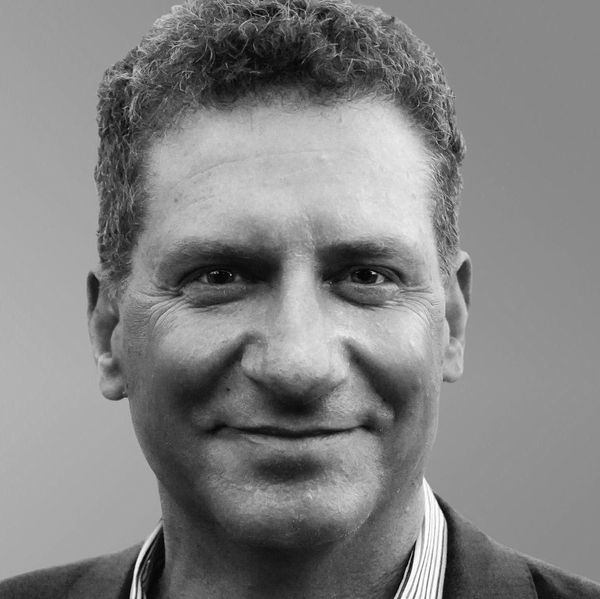
David Bailin
Chief Investment Officer and Global Head of Investments, Citi Global Wealth
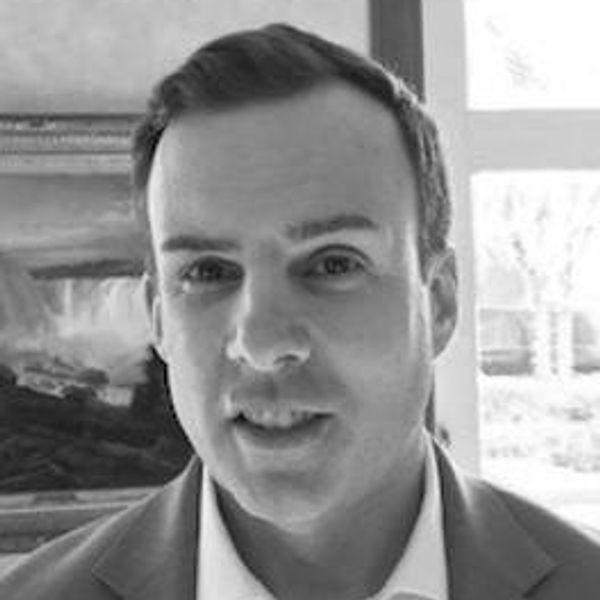
Adam Minehardt
Director of Federal Government Affairs in the Washington, D.C. Global Government
Affairs Office
at Citigroup
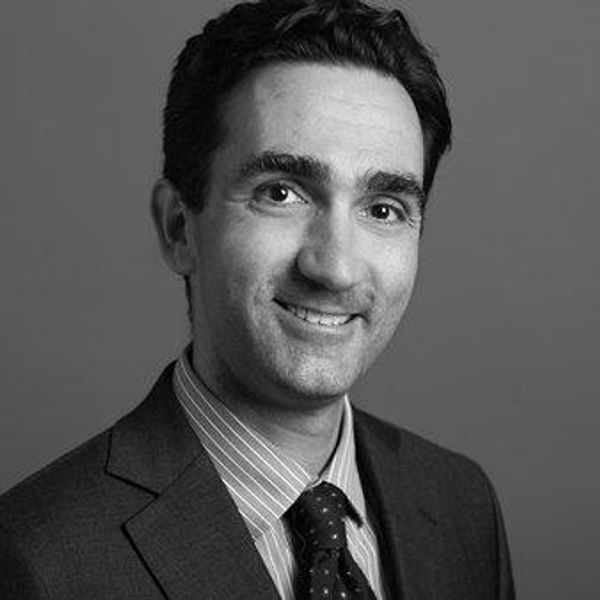
Jon Lieber
Managing Director, United States, Eurasia Group
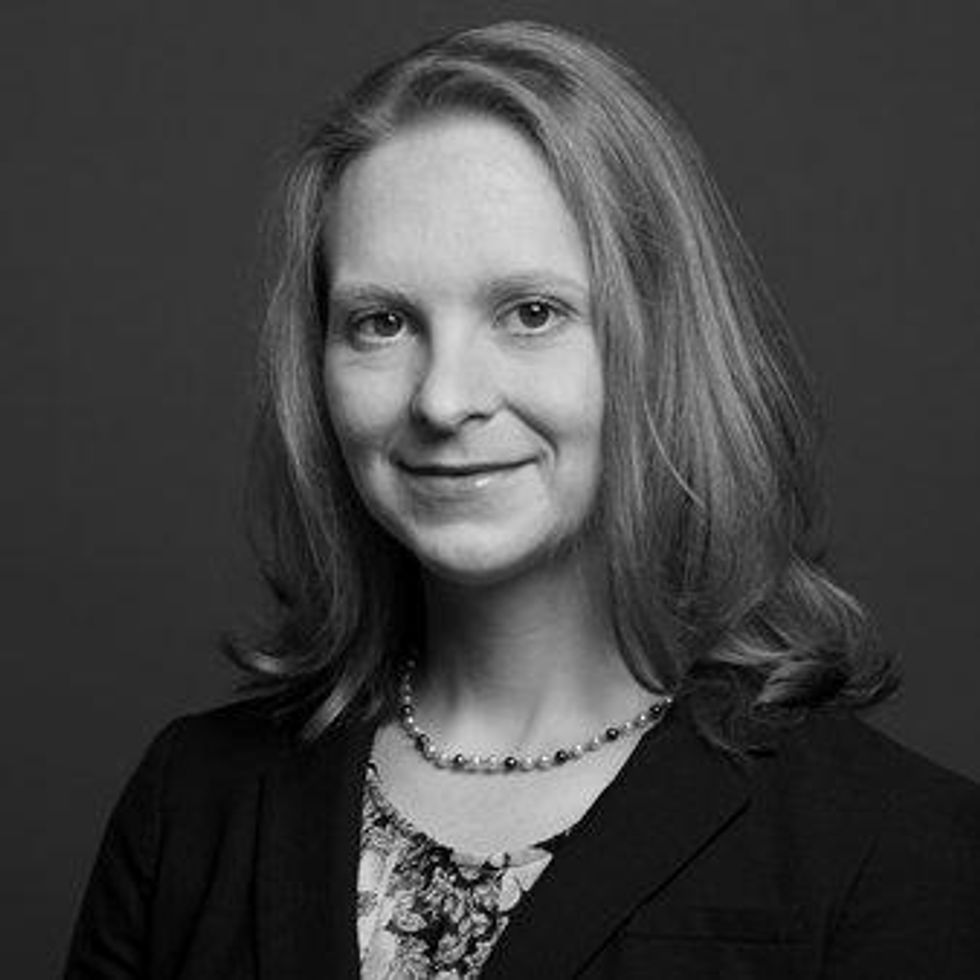
Caitlin Dean
Practice Head, Geostrategy, Eurasia Group
- What's next for infrastructure and Biden's Build Back Better plan? - GZERO Media ›
- S3 Episode 4: Is now the time to buy? Real estate dynamics in 2022 - GZERO Media ›
- Ian Explains: Will US infrastructure finally be fixed? - GZERO Media ›
- Podcast: Rebuilding American infrastructure with Pete Buttigieg - GZERO Media ›
- US government shutdown: No end in sight - GZERO Media ›
- The road to repair: Pete Buttigieg & crumbling US infrastructure - GZERO Media ›
Episode 10: Can private companies lead the way on climate action?
Listen: With bold commitments coming from both political and business leaders around the globe, 2021 could be a critical year in the fight against climate change. As sustainable investing moves from being a nice idea to a necessary move, what does it mean for your bottom line?
In the latest episode of Living Beyond Borders, moderator Caitlin Dean speaks with experts about what's next for sustainability, protecting the planet, and the impact it will all have on investors and markets. Guests include Harlin Singh, Global Head of Sustainable Investing, Citi Private Bank; Davida Heller, SVP of Sustainability & ESG, Citi; and Gerald Butts, Vice Chairman at Eurasia Group.
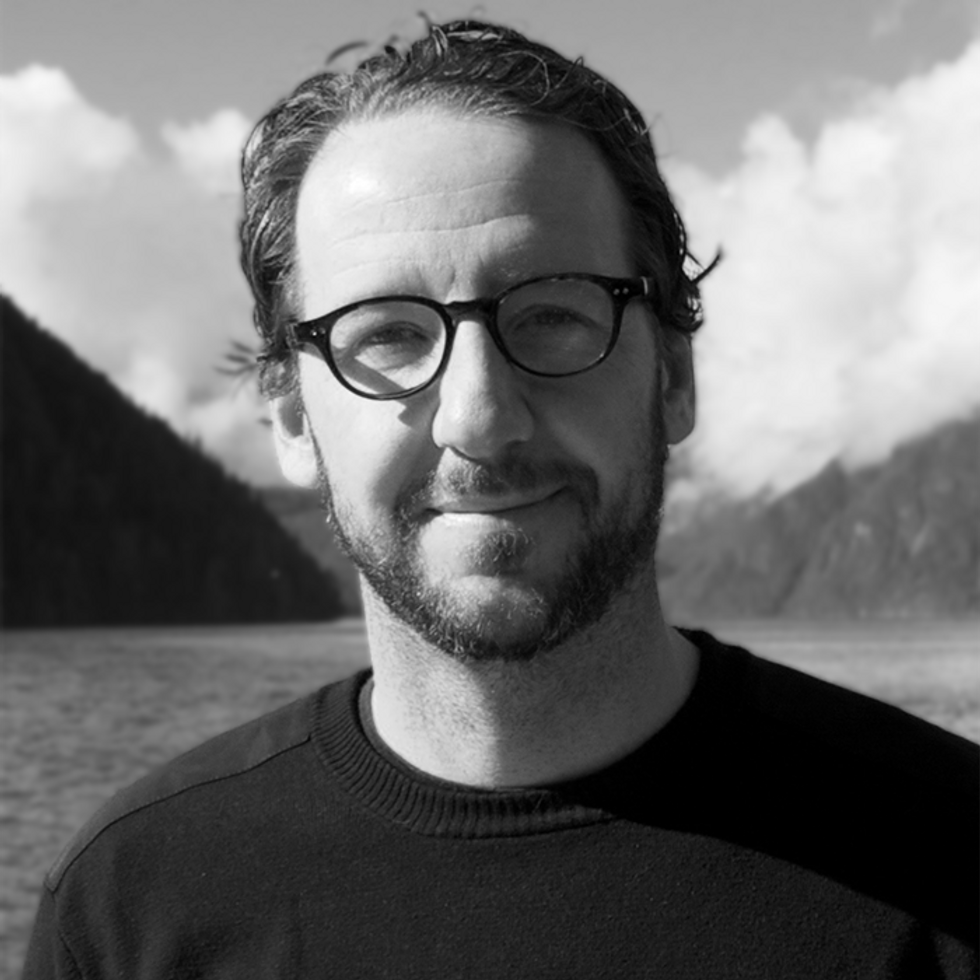
Gerald Butts
Vice Chairman, Eurasia Group
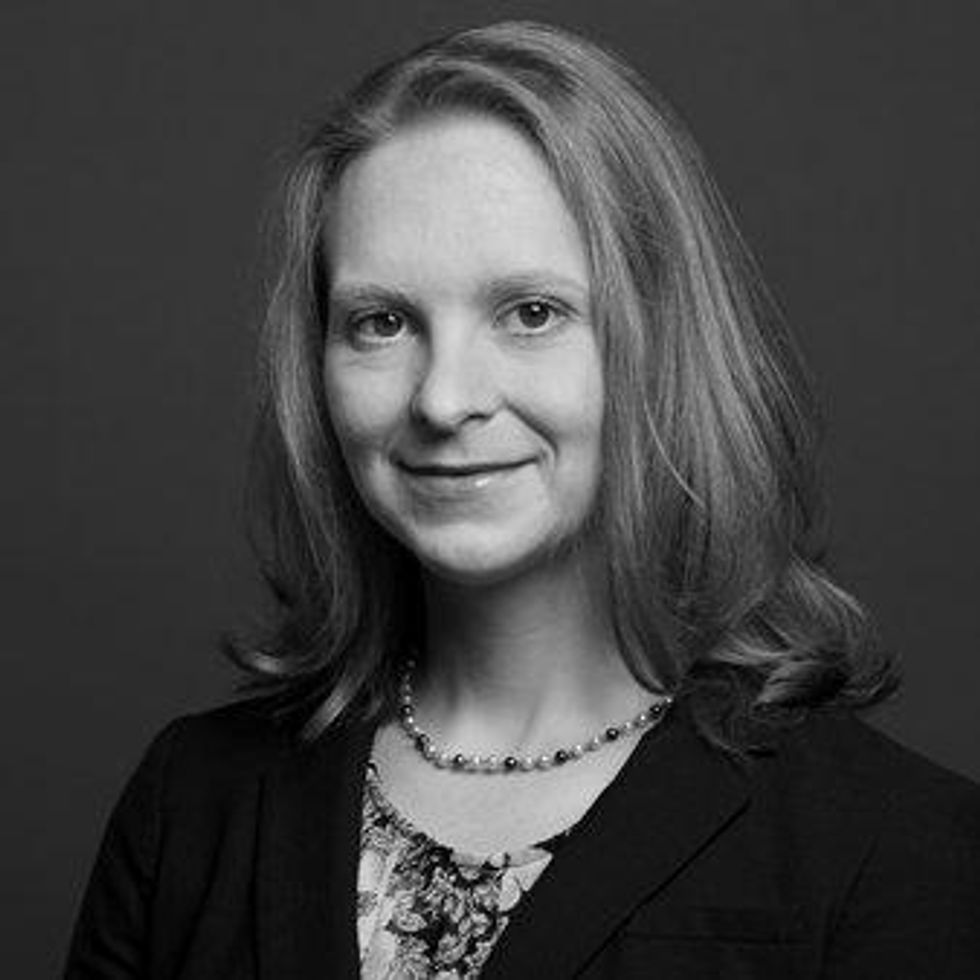
Caitlin Dean
Practice Head, Financial & Professional Services, Eurasia Group
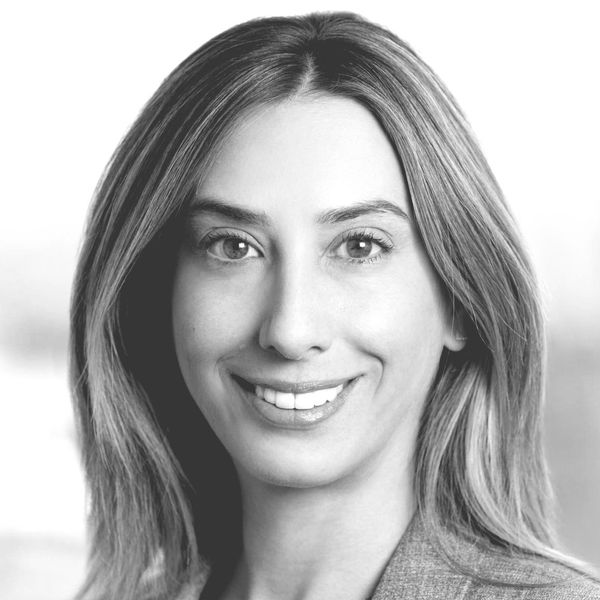
Davida Heller
SVP of Sustainability & ESG, Citi Global Public Affairs
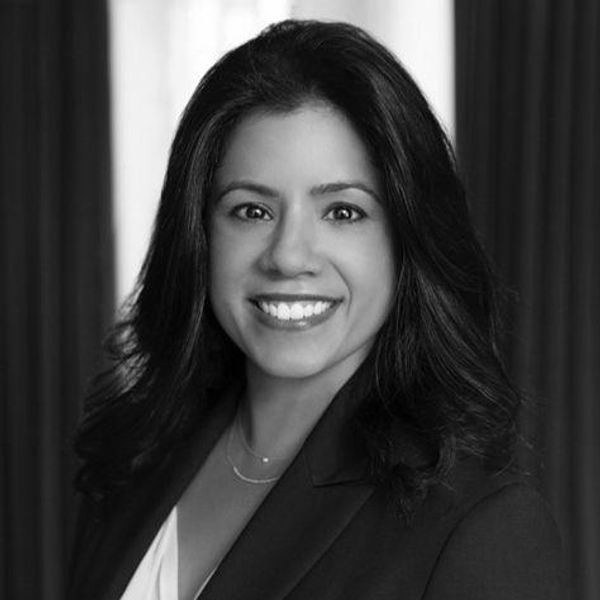
Harlin Singh
Head of Sustainable Investing, Citi Private Bank
Episode 9: Can sustainable investing save our planet?
Listen: Benjamin Franklin famously called on American business leaders more than two centuries ago to "Do well by doing good." To him, that meant creating companies that were not just about the bottom line, but also that helped foster happier and healthier communities. Now, as 2021 approaches and the world recovers from the greatest crisis of our lifetimes, sustainable investing is a bigger discussion than ever. What does it mean, and how does it not only help the environment and societies but also build your bottom line? That's the topic of the latest episode of Living Beyond Borders.
Moderator Caitlin Dean is joined by Harlin Singh, Head of Sustainable Investing at Citi Private Bank; Elree Winnett Seelig, the Head of ESG for Markets and Security Services at Citi; Rohitesh Dhawan, Director of Global Energy and Natural Resources at Eurasia Group; and Gerry Butts, Eurasia Group's Vice Chairman.
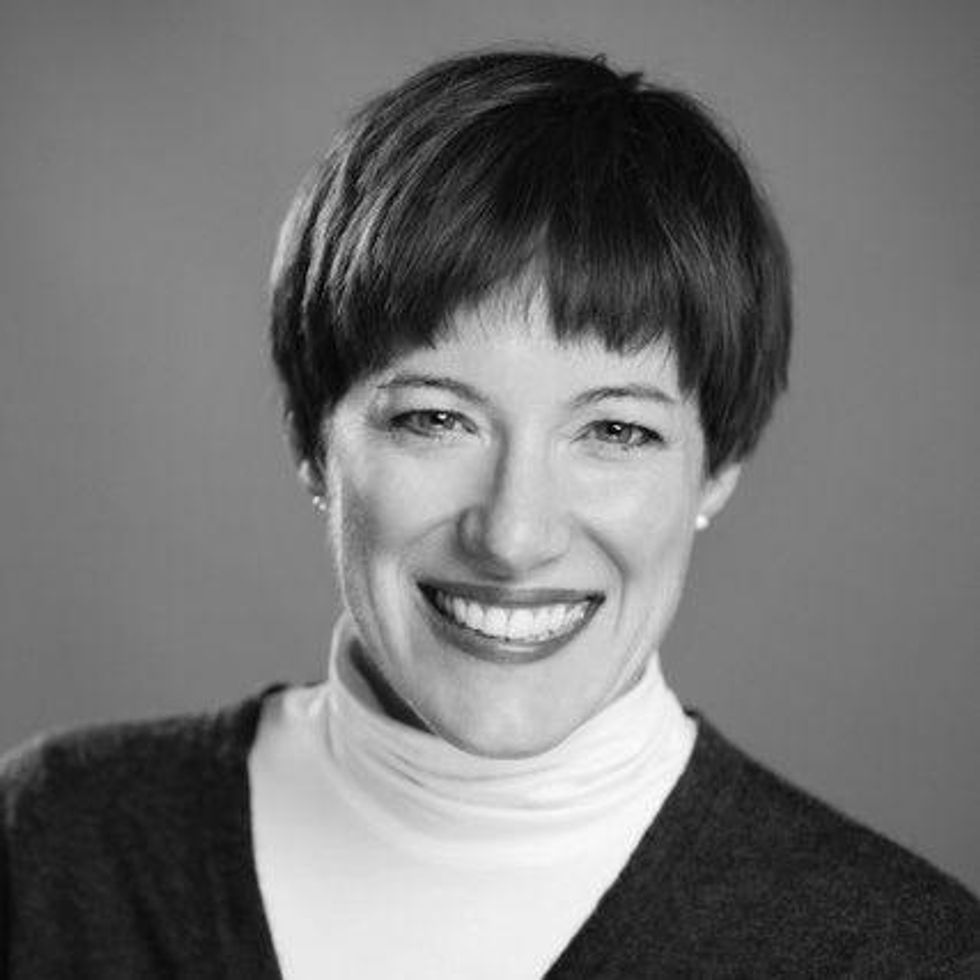
Elree Winnett Seelig
Head, ESG, Markets & Securities Services, Citi

Harlin Singh
Head of Sustainable Investing, Citi Private Bank

Gerald Butts
Vice Chairman, Eurasia Group
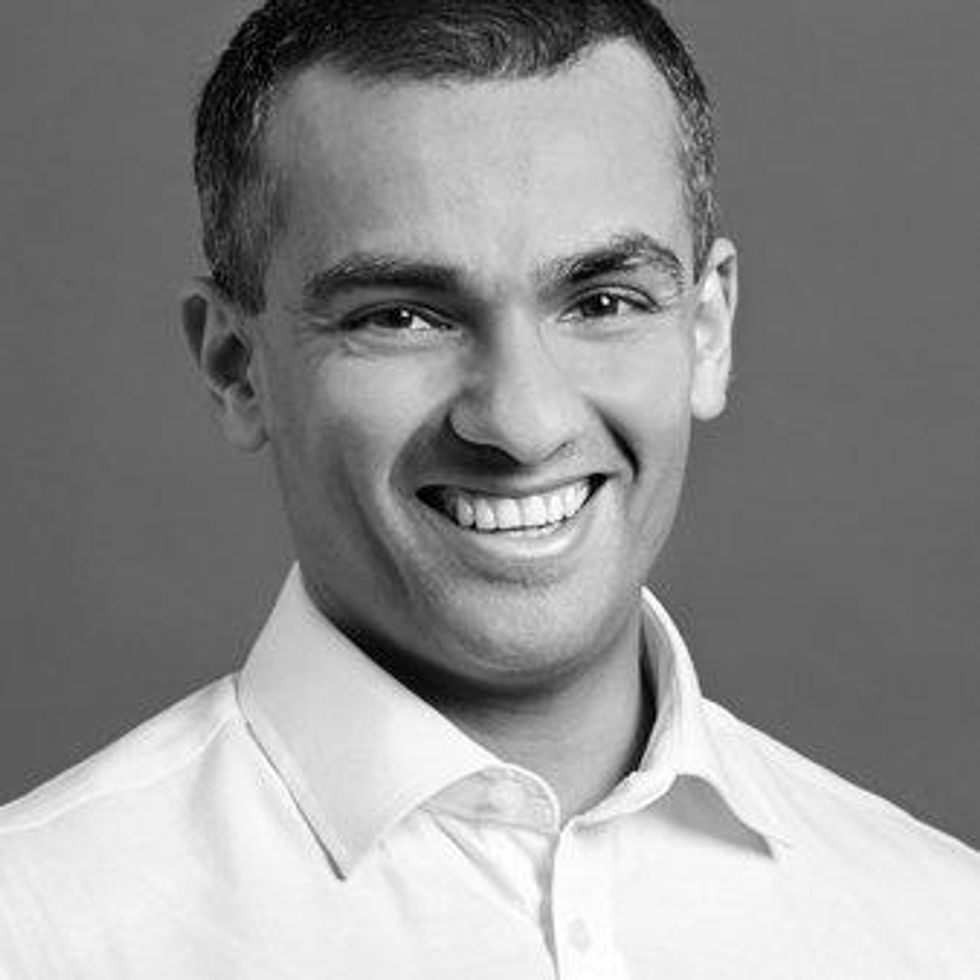
Rohitesh Dhawan
Managing Director, Energy, Climate & Resources, Eurasia Group
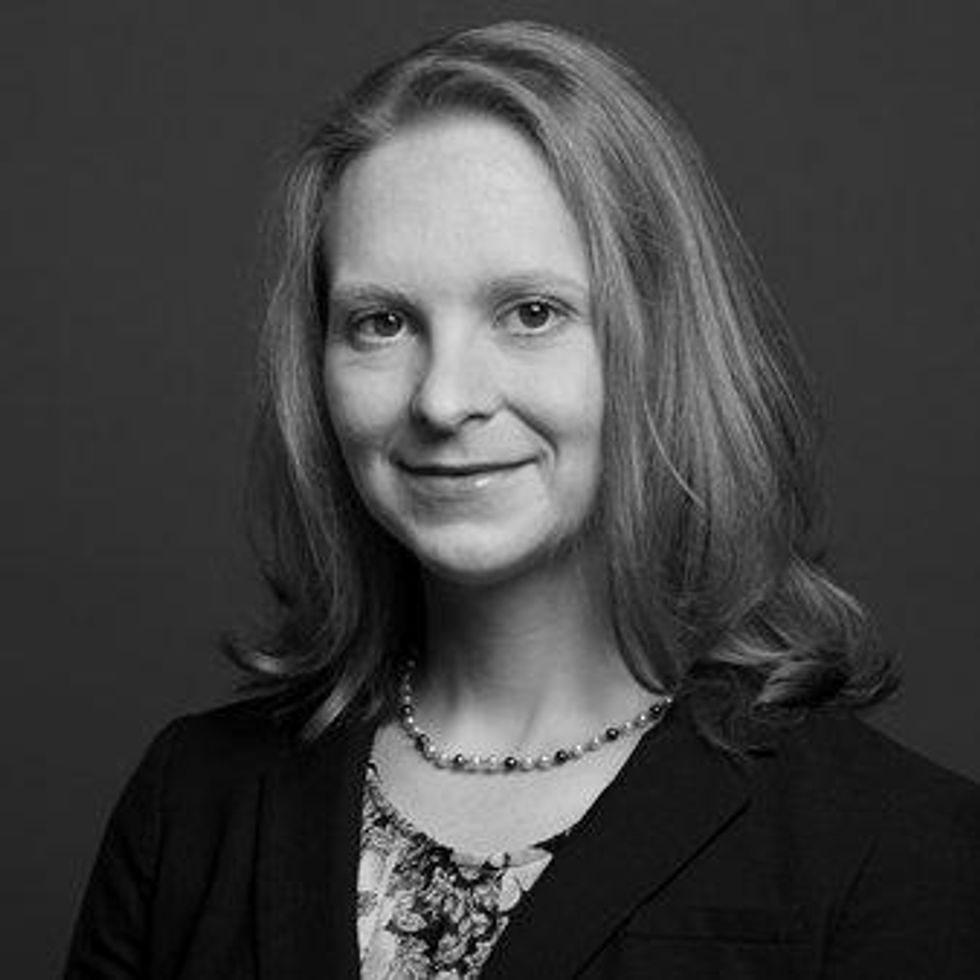
Caitlin Dean
Practice Head, Financial & Professional Services, Eurasia Group
Investing in diversity: How public companies can promote inclusivity
Betty Liu, Executive Vice Chairman for NYSE Group, provides her perspective:
What role does diversity play in investing?
So, diversity has played an increasingly important role in investing. In an earlier episode, I talked about ESG - that's environmental, social and governance - and ESG factoring more into investment decisions. Diversity is a key component of ESG. It's seen as crucial in looking at good governance and good decision making. So, a growing number of investors are looking at diversity as a metric to show whether or not this company is worthy to invest in.
What are public companies doing to advance diversity today?
As you all have seen in the last several weeks, there has been an increasing focus on diversity and companies have come out and reaffirmed their commitment to diversity and also pledging to do better. So, some of those commitments include looking at pay equity as well as opportunities for advancement, real opportunities for advancement. One of the things we're doing at the New York Stock Exchange and I'm very proud of, is reform the NYSE Board Advisory Council, whose mission is to improve diversity on public and private company boards. We help our listed companies find and place diverse board candidates.
Betty Liu Explains: Environmental Social Governance (ESG) & Growth
What is ESG?
ESG stands for Environmental Social Governance. These are factors that investors use to measure the societal and sustainable impact of their investment in a particular company.
Why is ESG investing growing so?
So, increasingly, investors are using ESG factors as one of the more important determinants for why they will invest in a particular company. And the reason why is that companies that focus on ESG may deliver better returns, they may lower risk, and they also may demonstrate that the companies have better or good management principles. Now, a recent report said that the growth of investments in ESG funds could grow by $20 trillion over the next two decades. That would be the equivalent of the S&P index today.

